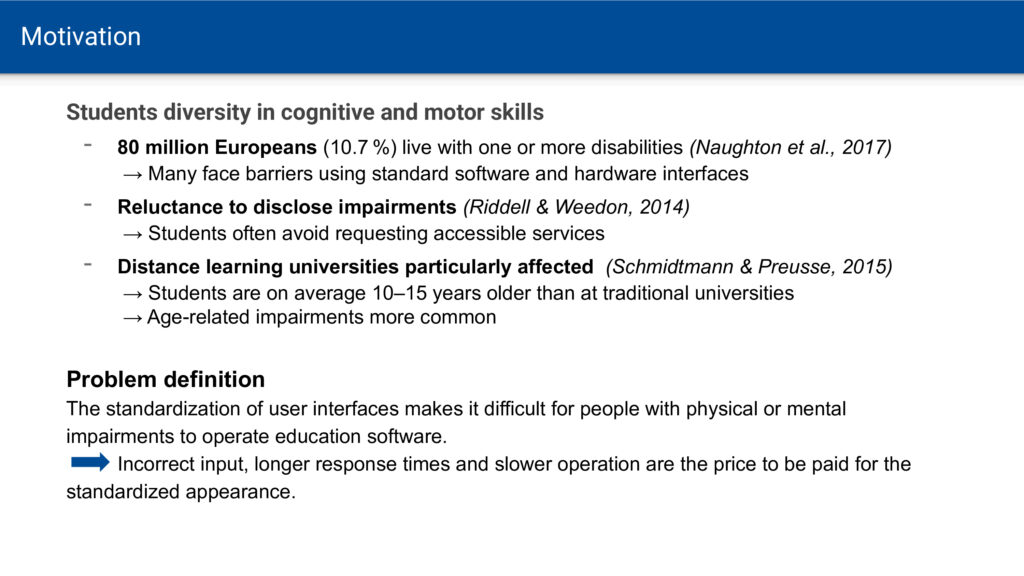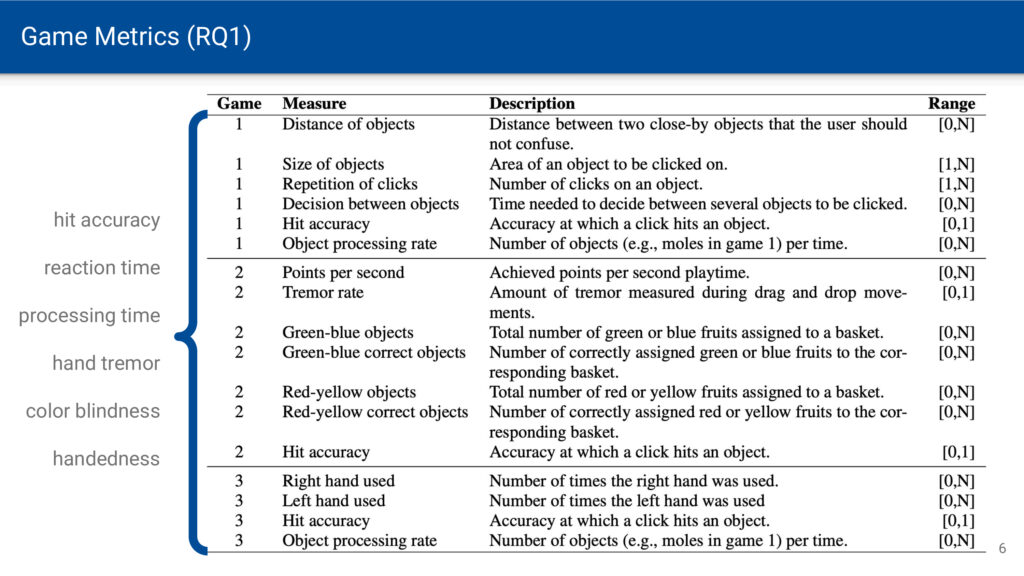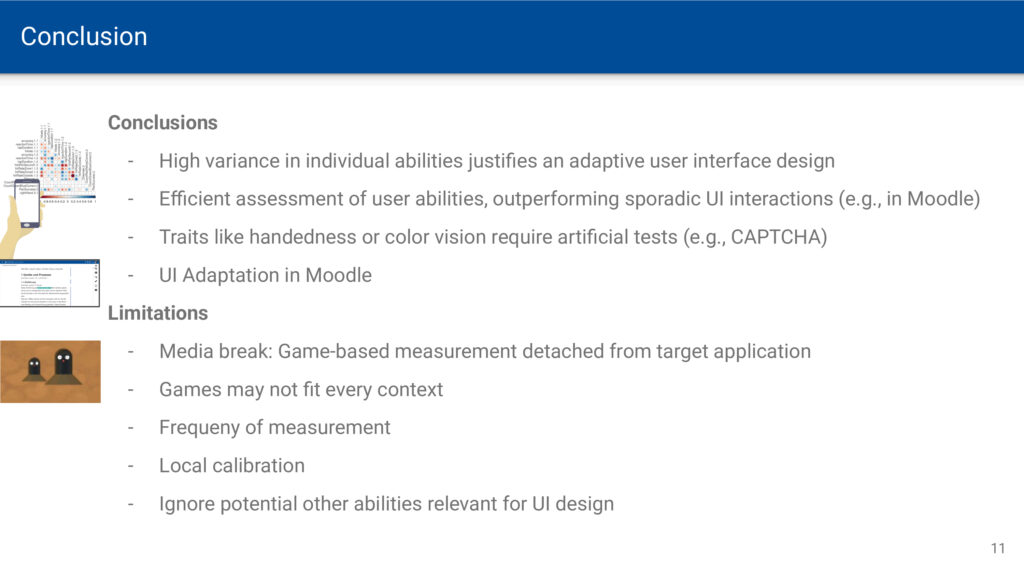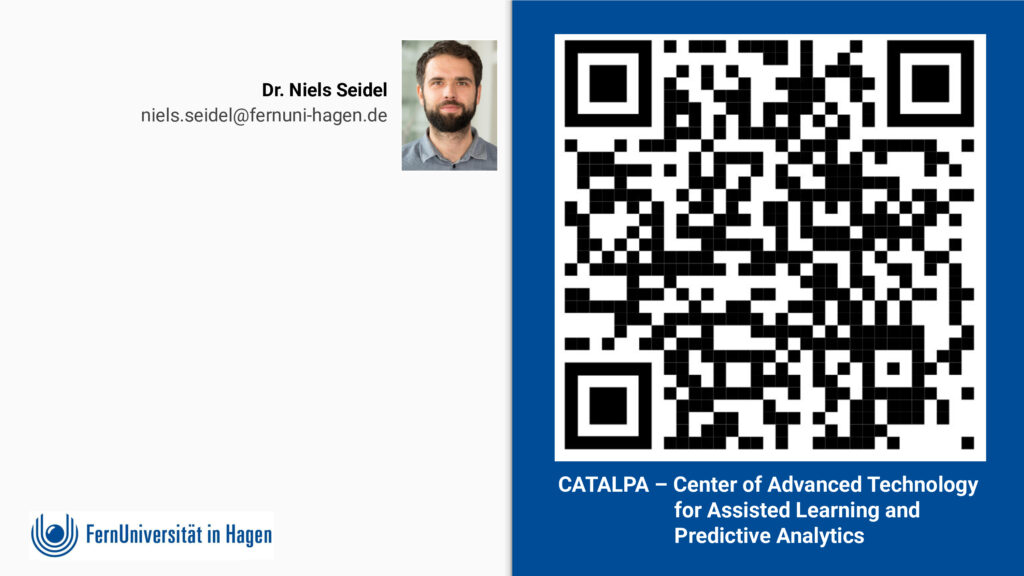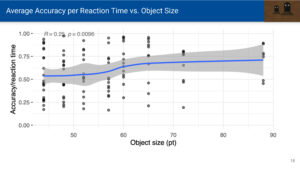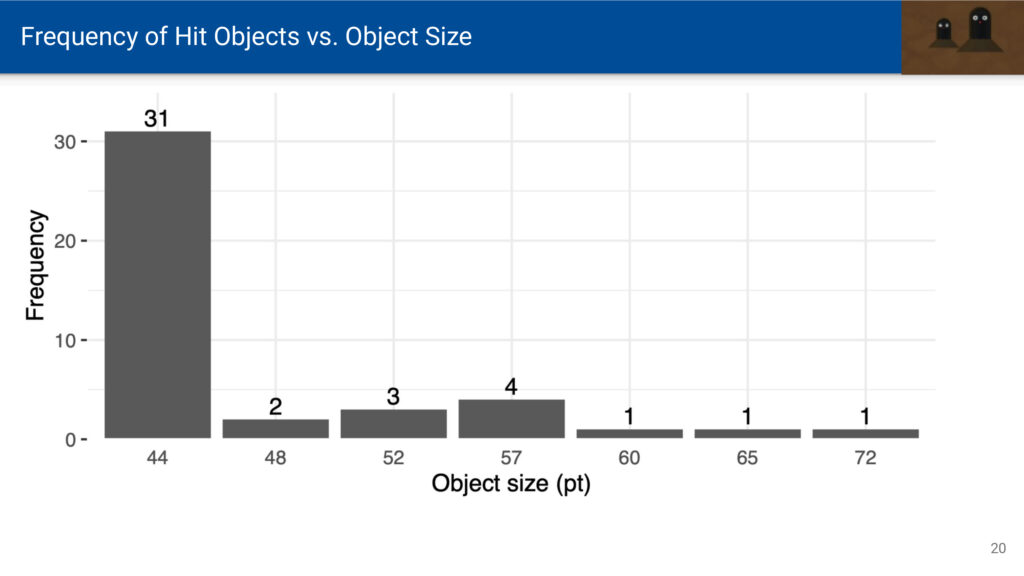It was the first time that I had participated in the CSEDU conference. The conference is B-ranked in the Australian core ranking, so I felt it was worth going there. Among the few inspiring talks I’ve seen at the conference, I would highlight the following three because they are relevant to my work at CATALPA:
- Katharina Simbeck: Audits for Trust: An Auditability Framework for AI-Based Learning Analytics Systems. Katharina made strong arguments for making an educational model and even systems audible. A model or system is considered as audible if is accessible for auditors, documented, and available. She presented a framework for audibility that consists of three pilars: claim (e.g. validity, utility, ethics), evidence (e.g. documentation, model details, data incl. edge cases), and means of validation (e.g, API, monitoring tools, dashboards, explainability tools). This framework was demonstrated in a case study about the Moodle Learning Analytics API. For me, the frameworks provide meaningful guidelines for defining minimum requirements for publishing open source models and systems.
- Barbara Pampel: Regaining Control: Enabling Educators to Build Specialized AI Chat Bots with Retrieval Augmented Generation. Barbara presented an interesting setup for implementing RAG in higher education. While RAG is a potential killer-app for using LLM in higher education, it is not very common yet. The main reason for low utilisation is technical hurdles in the implementation. RAG requires a good command of Python, including the main libraries that provide RAG functionality (e.g., langchain) and some web engineering knowledge for suitable integrations into existing tools. Barbara, however, came up with Flowise to implement RAG in a workflow-like manner. Furthermore, she and her colleagues taught teachers how to set up processing pipelines and tweak parameters to get satisfying results. To my surprise, teachers accepted the technical complexity. As a side effect, they learnt much more about the technology behind than anyone else playing with prompts in the chats.
- Tina John: Implementing European Digital Credentials in Non-Formal Education: A Prototype for the Digital Learning Campus. Tina presented a straightforward solution for the technical implementation of Micro-Credentials. Everyone using Moodle at their institution can jump on the train, buy a seal for EU authorities, and become an issuer of Micro-Credentials.
In the following, I provide the slides of the three talks we had at CSEDU’25.
Talk 1: Dynamic Reading Comprehension Visualization in Digital Course Texts (Dennis Menz, Niels Seidel, Slavisa Radovic)




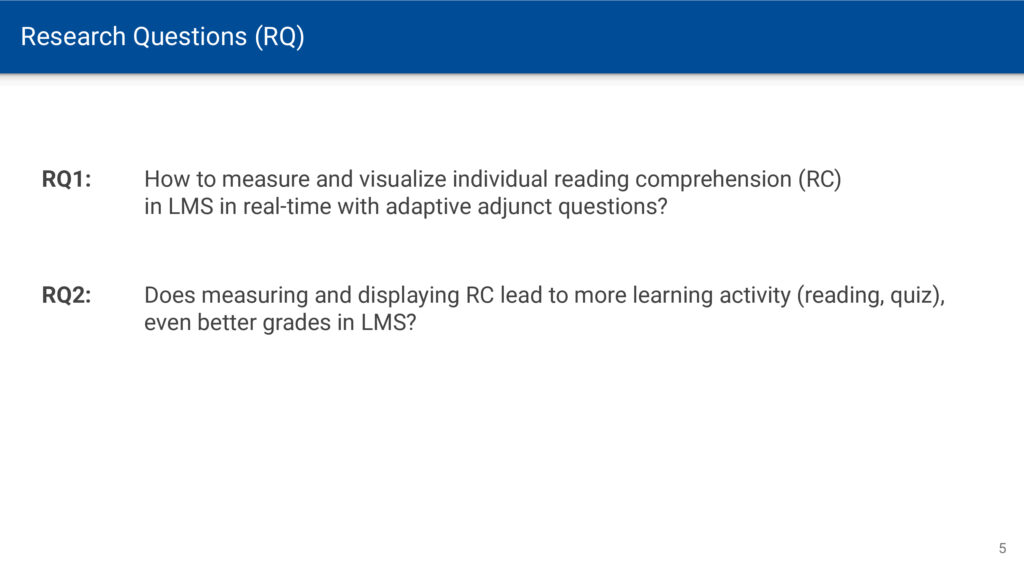
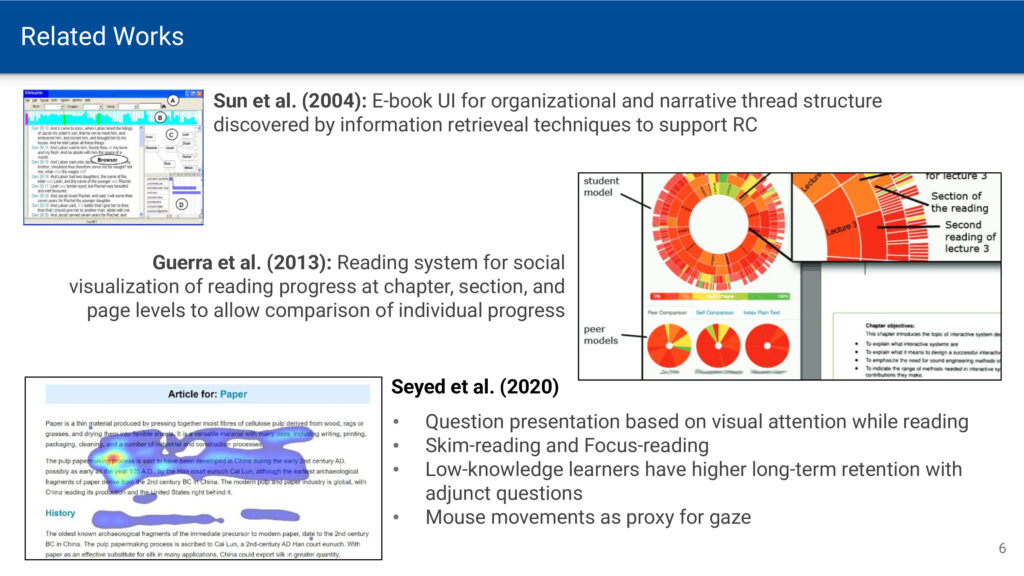
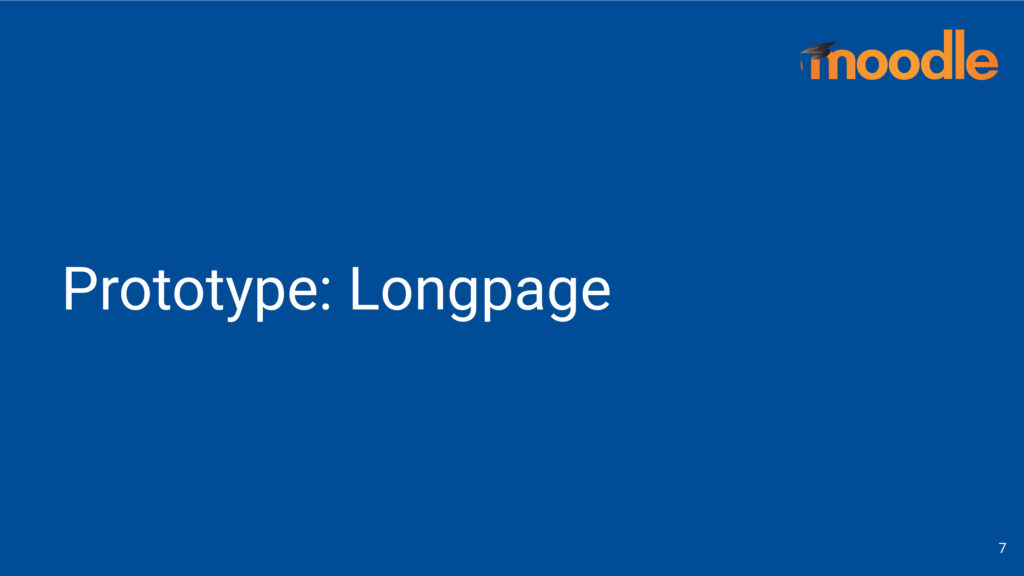

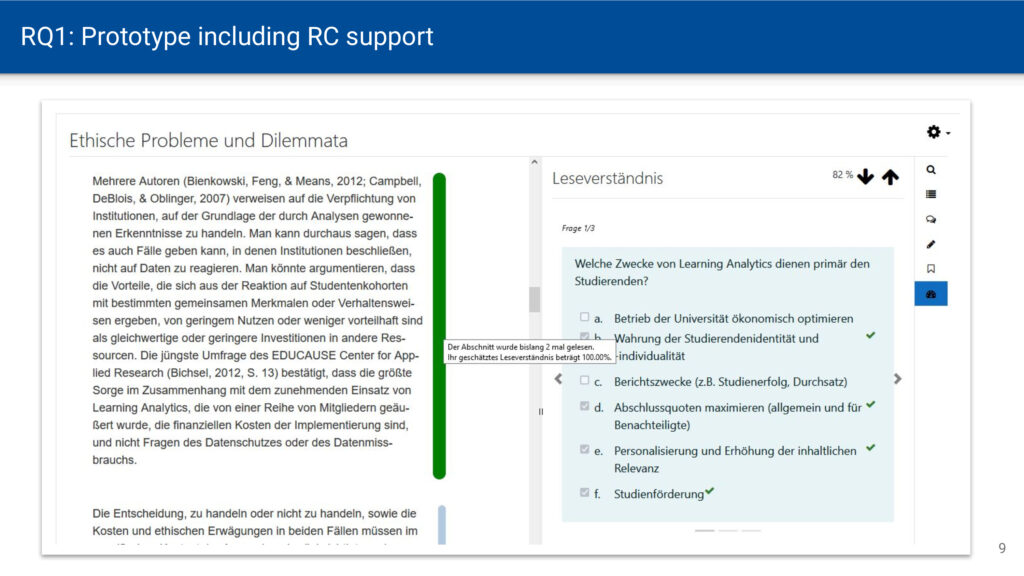


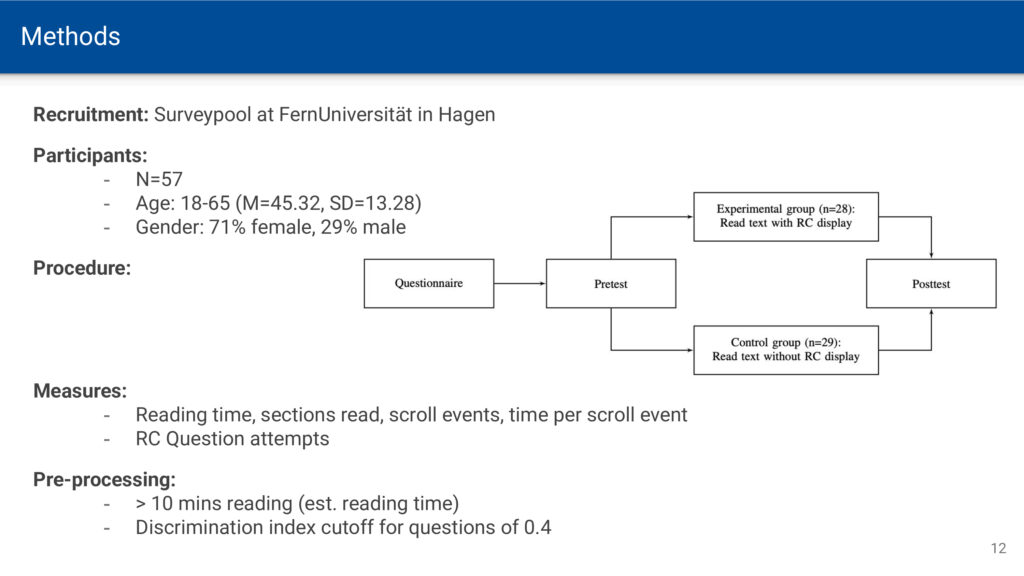
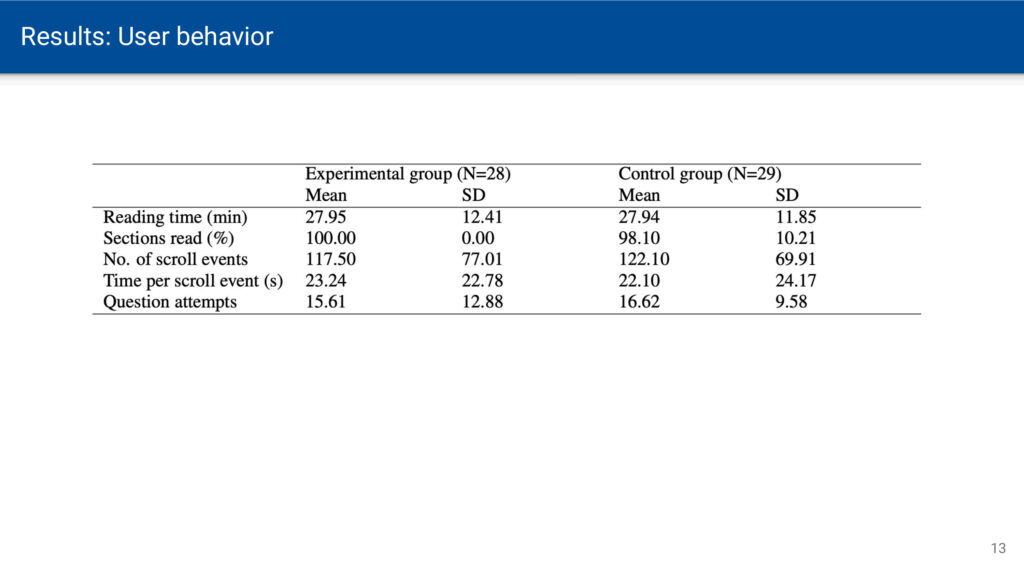


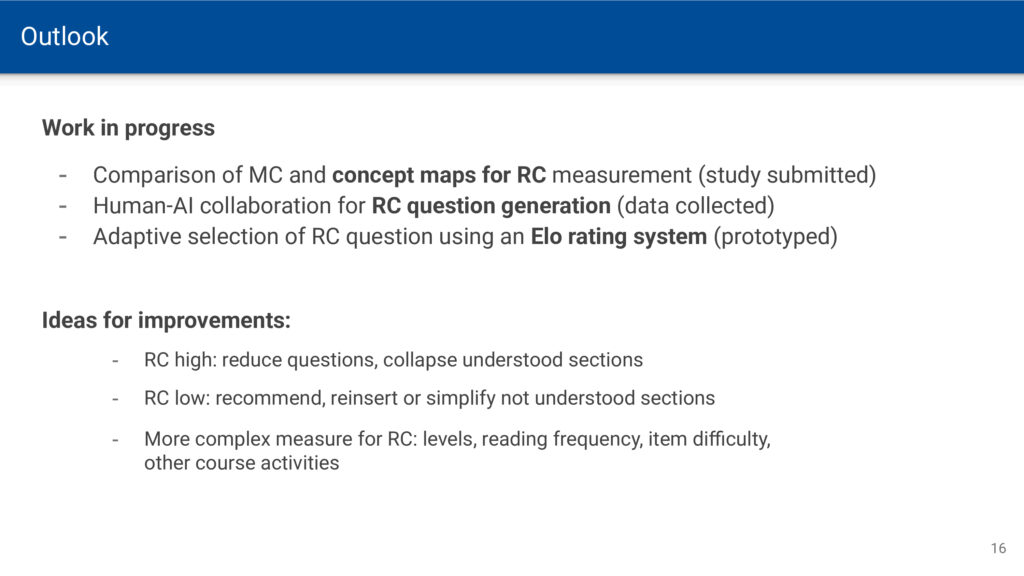

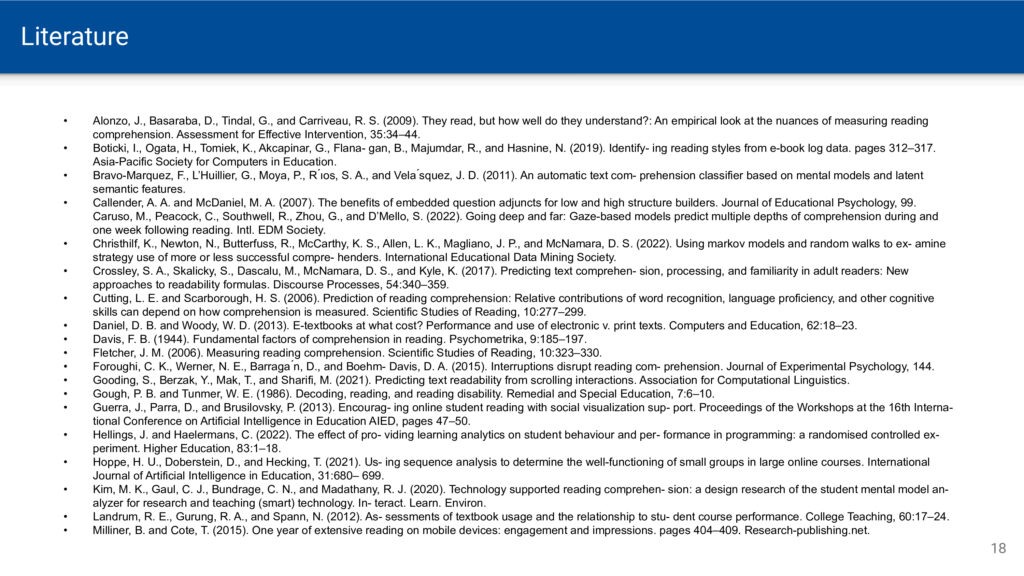
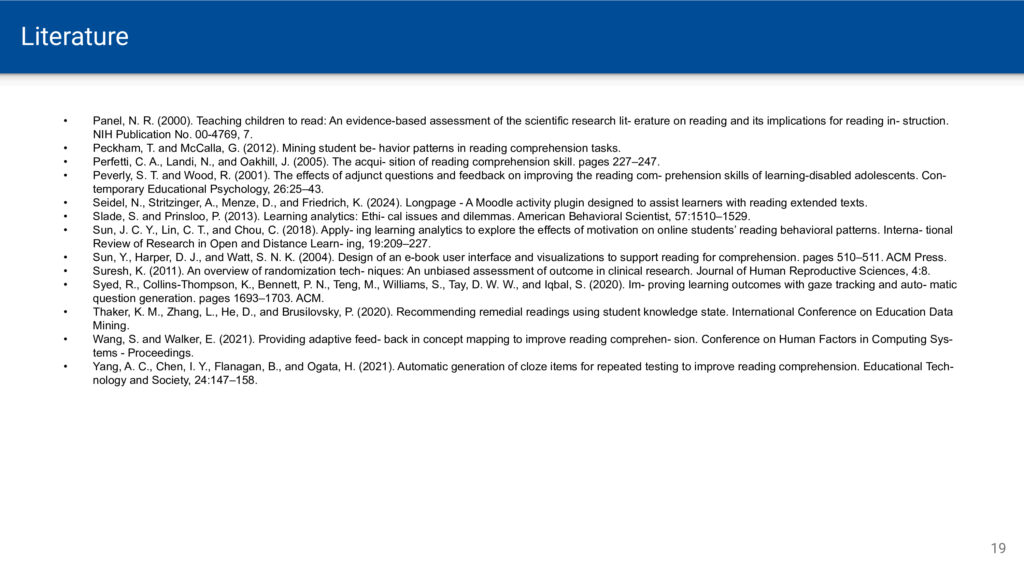
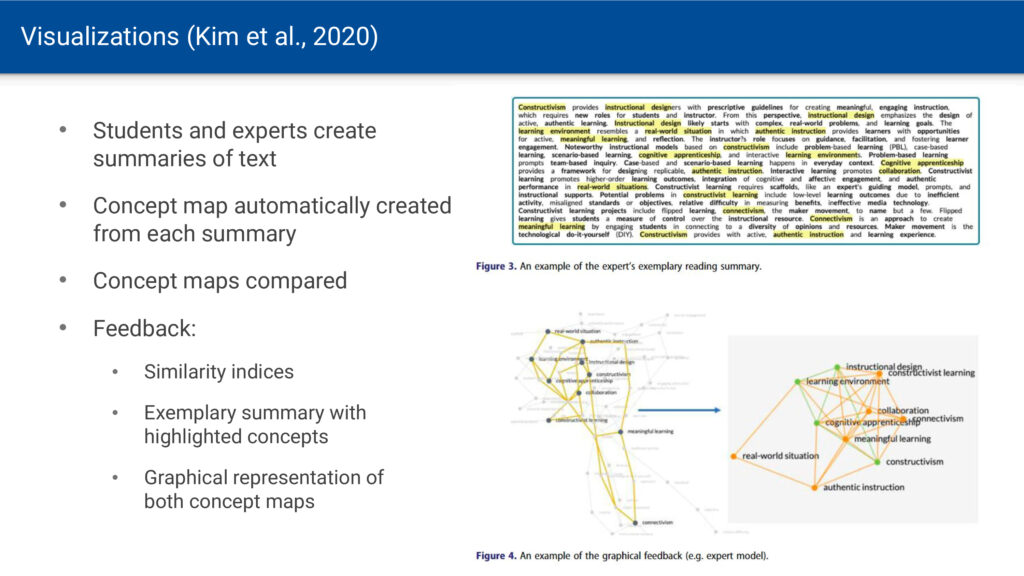

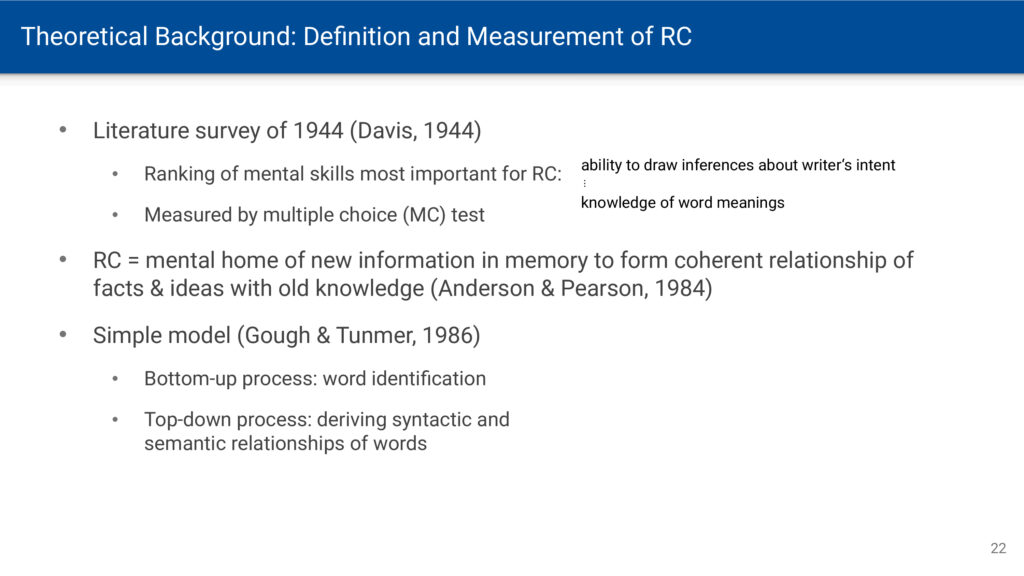
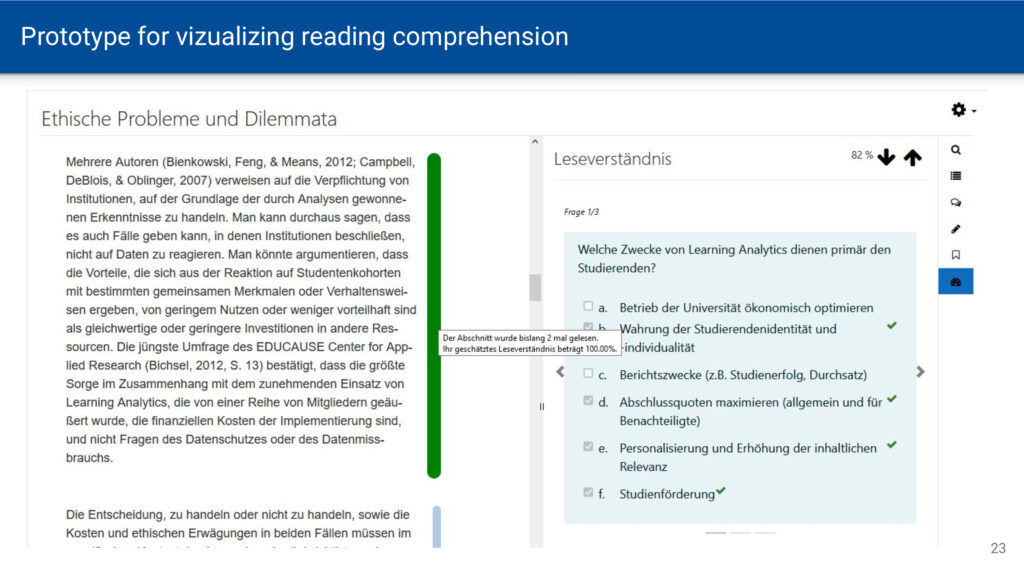
Talk 2: Architecture for Gradually AI-teamed Adaptation Rules in Learning Management Systems (Niels Seidel)
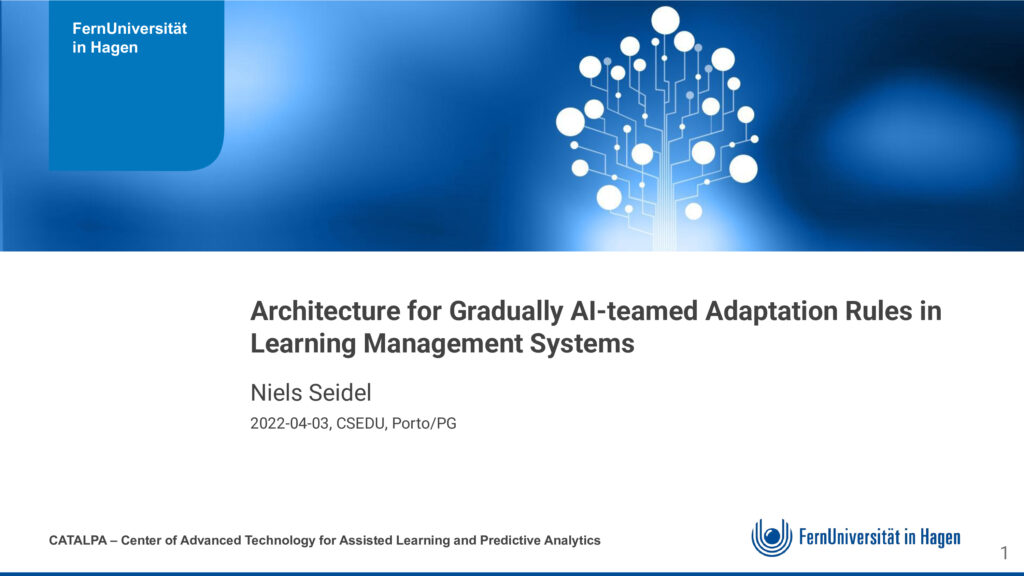

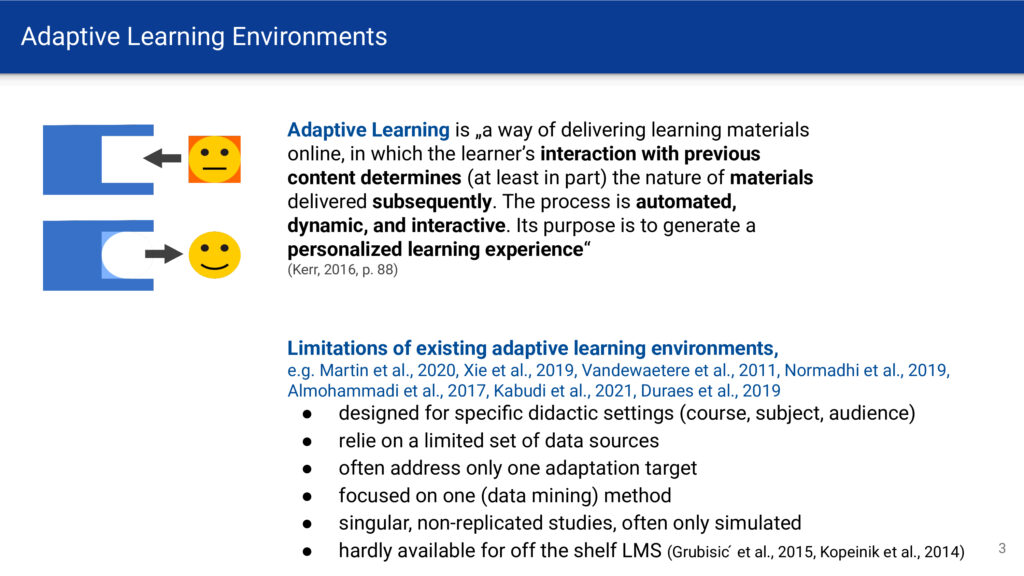
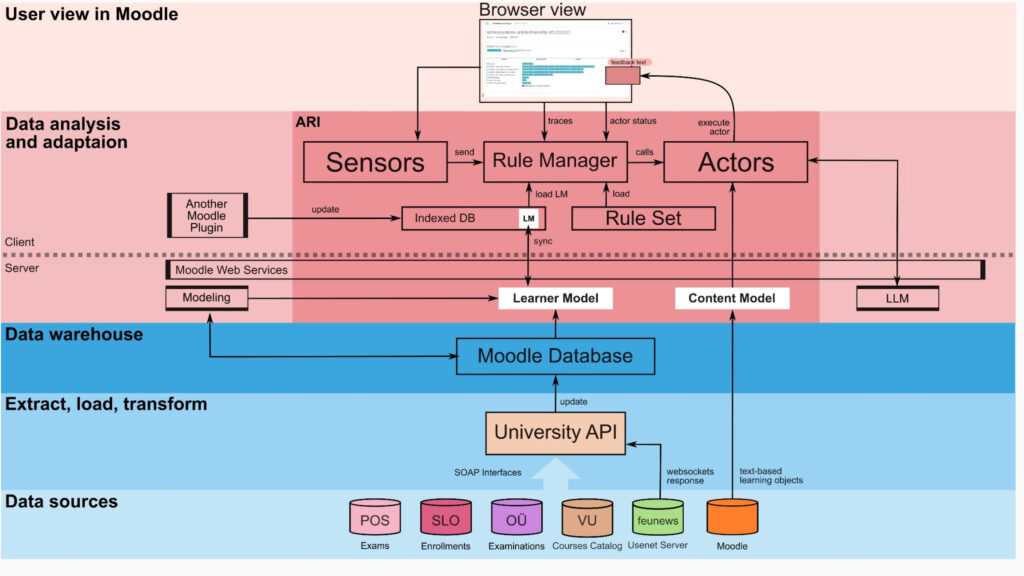
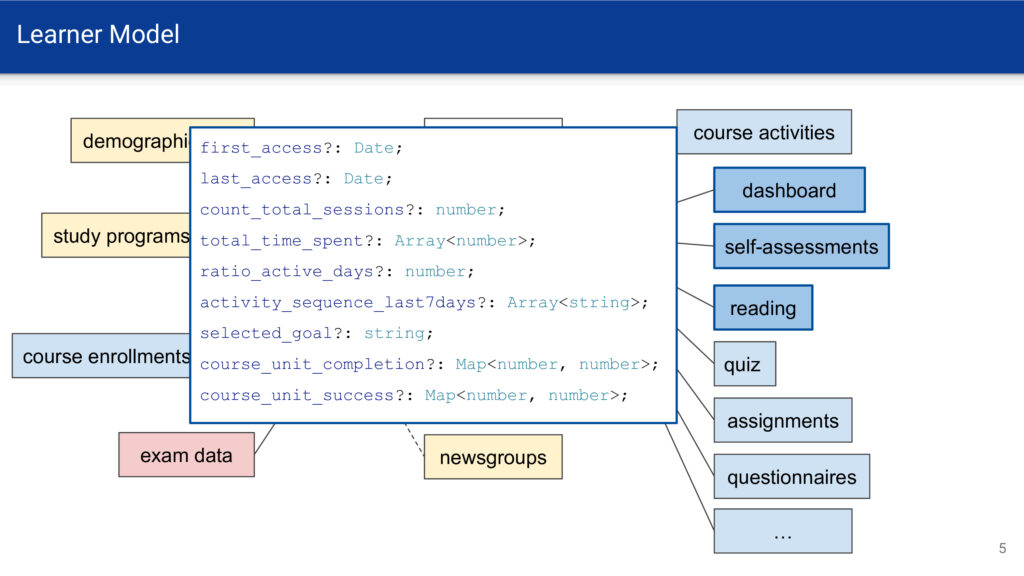
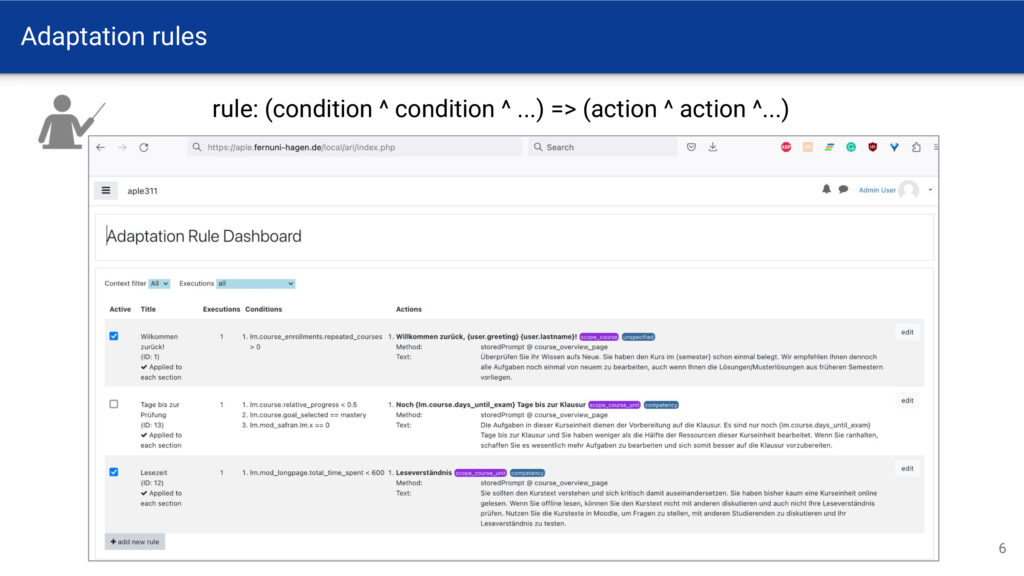
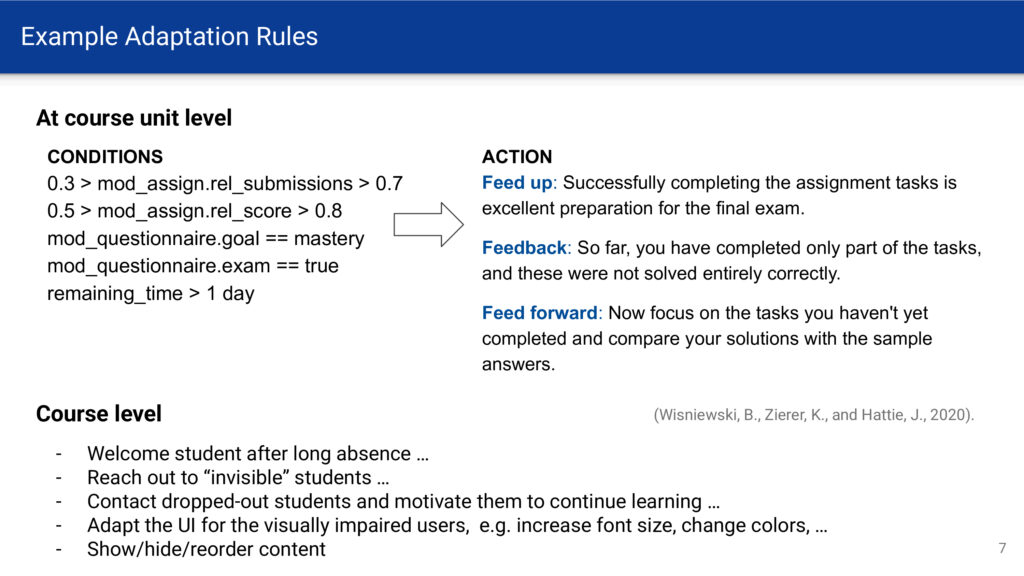

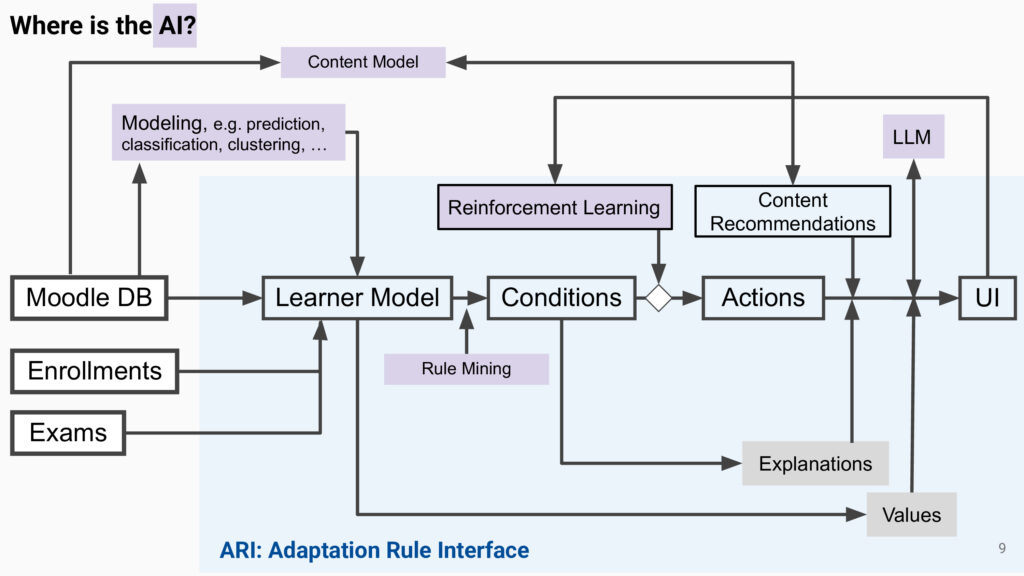
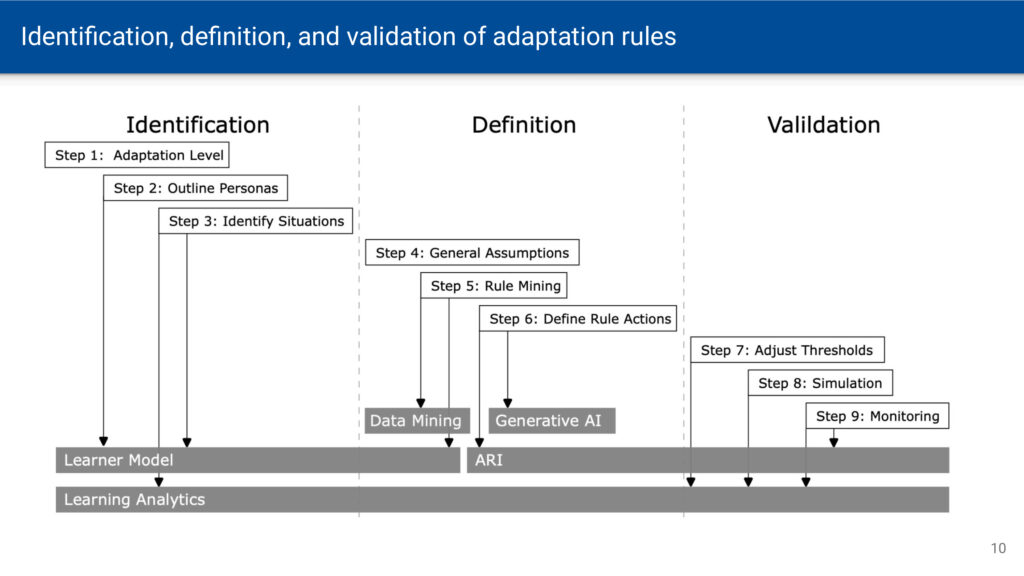
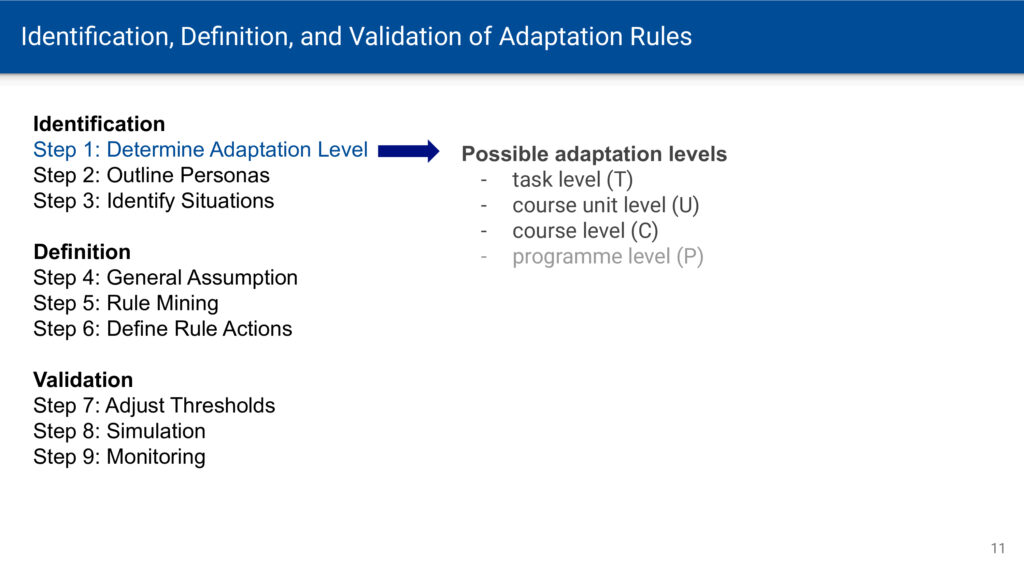
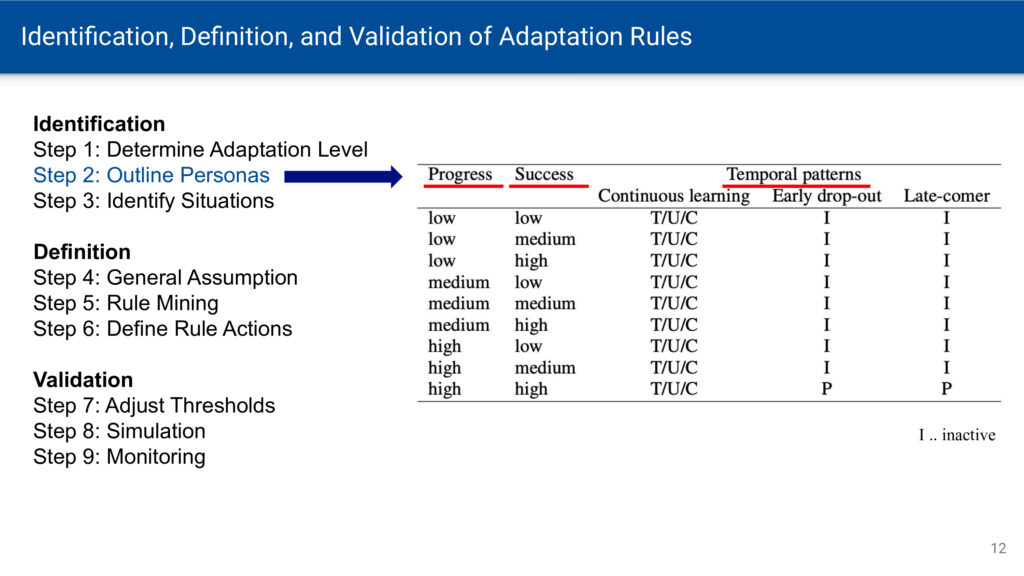
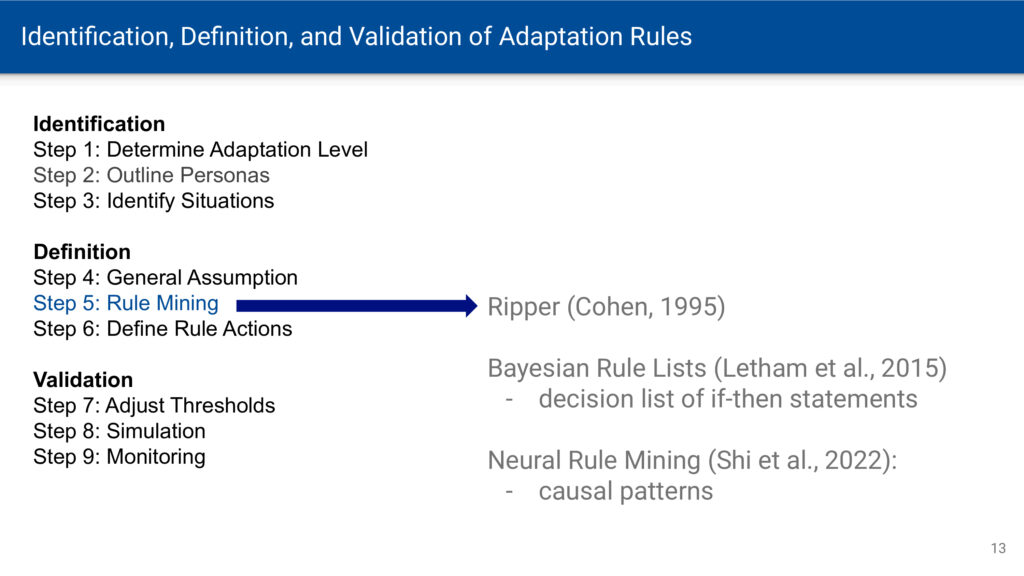

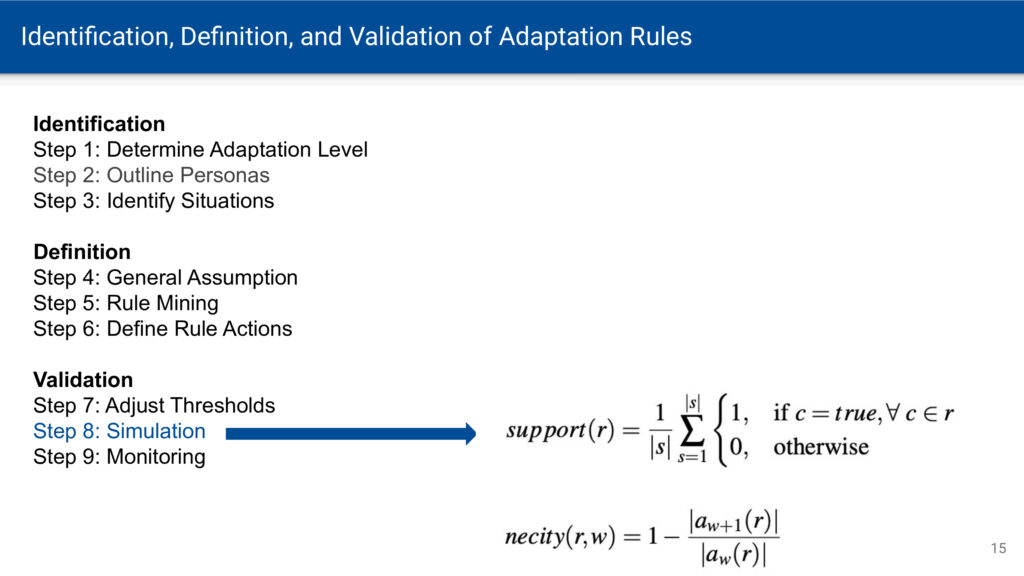
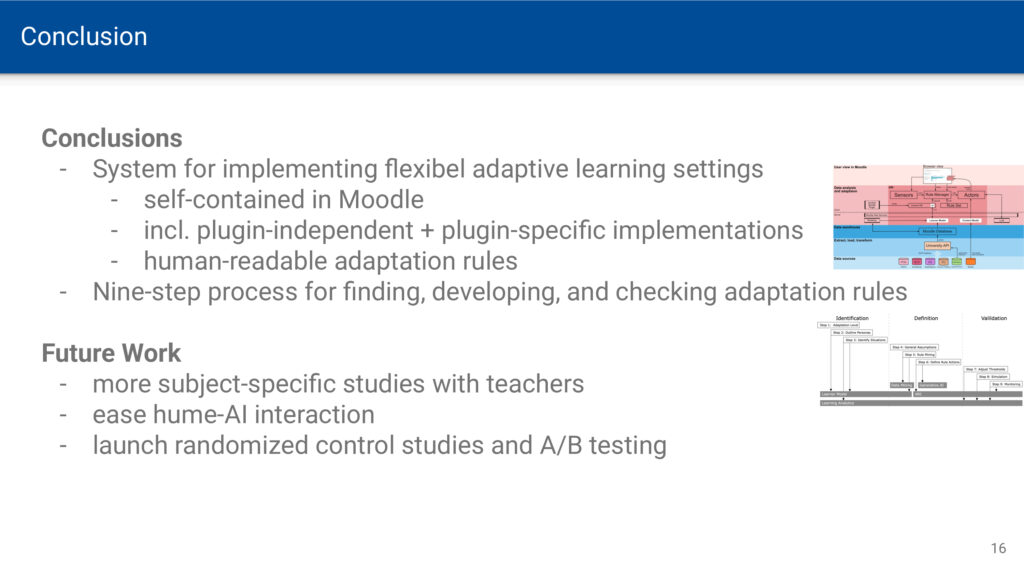
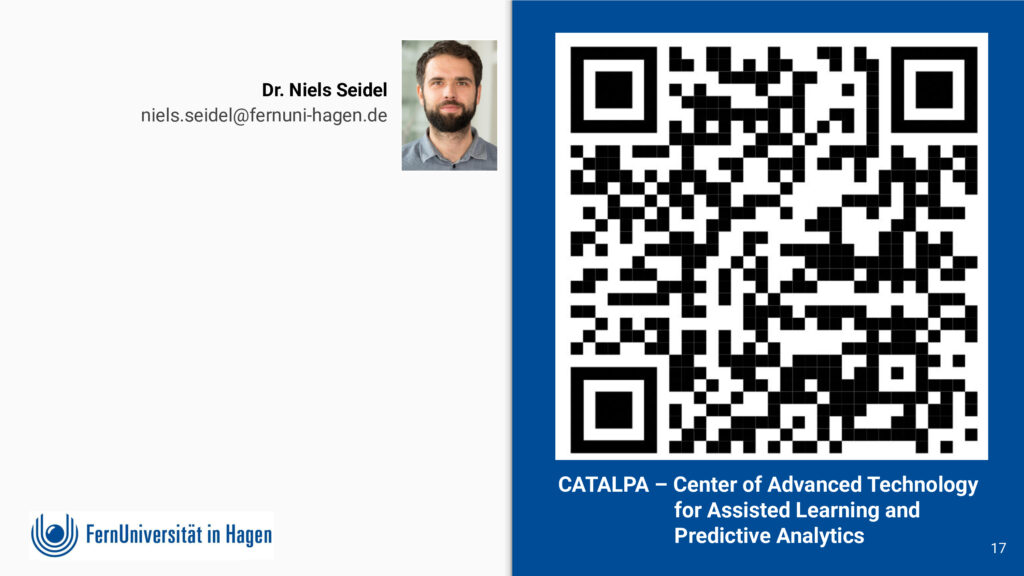
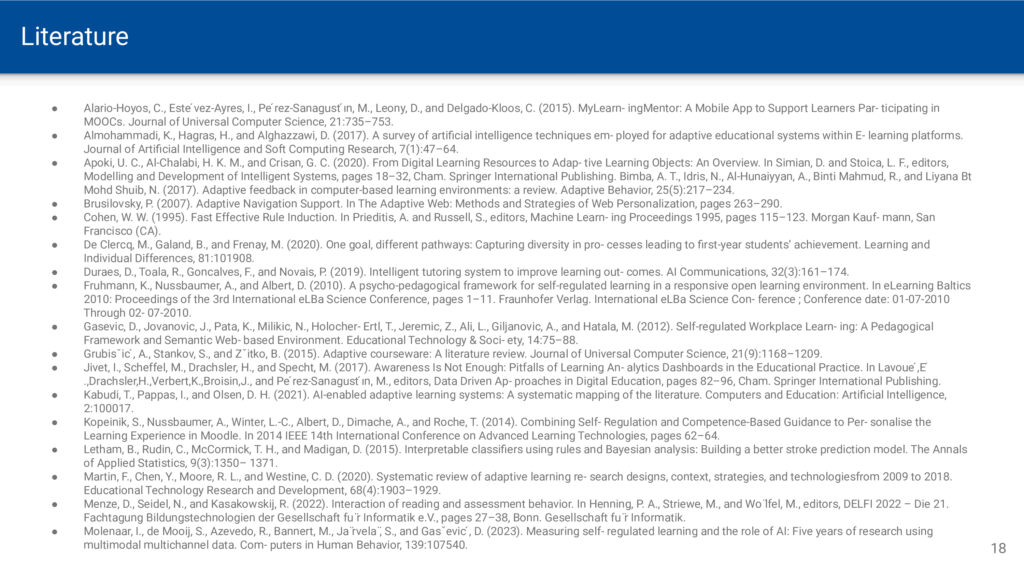
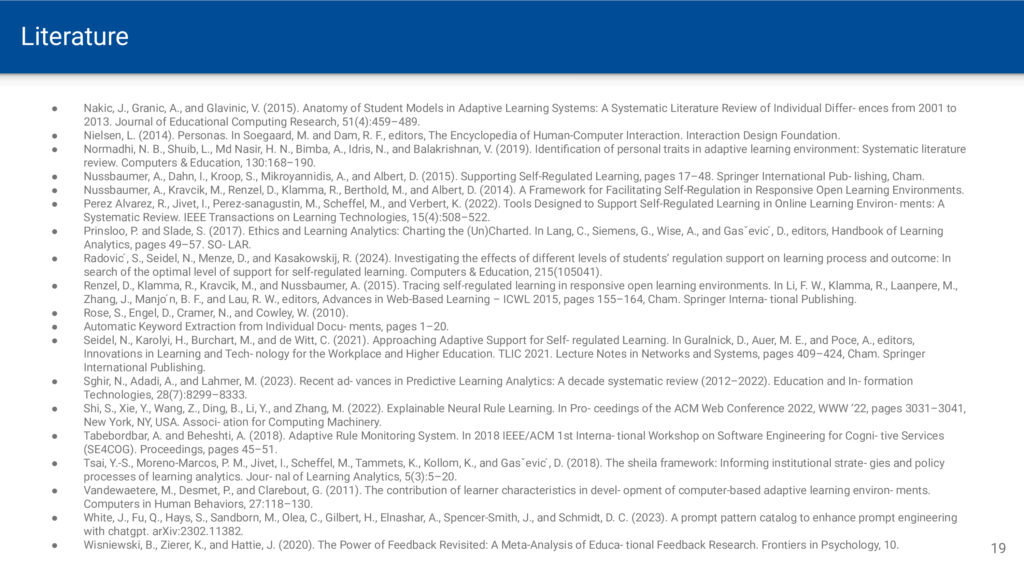
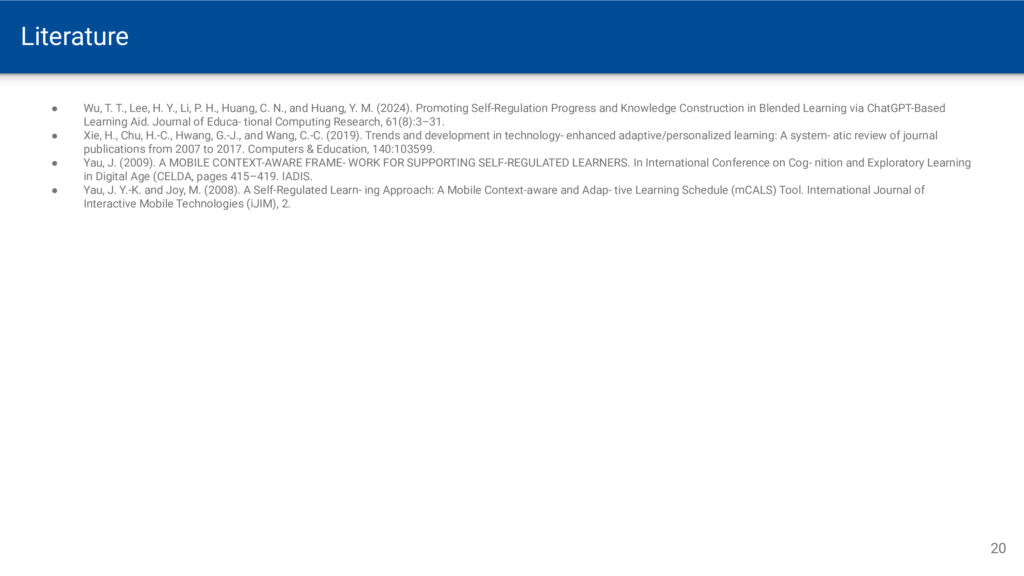
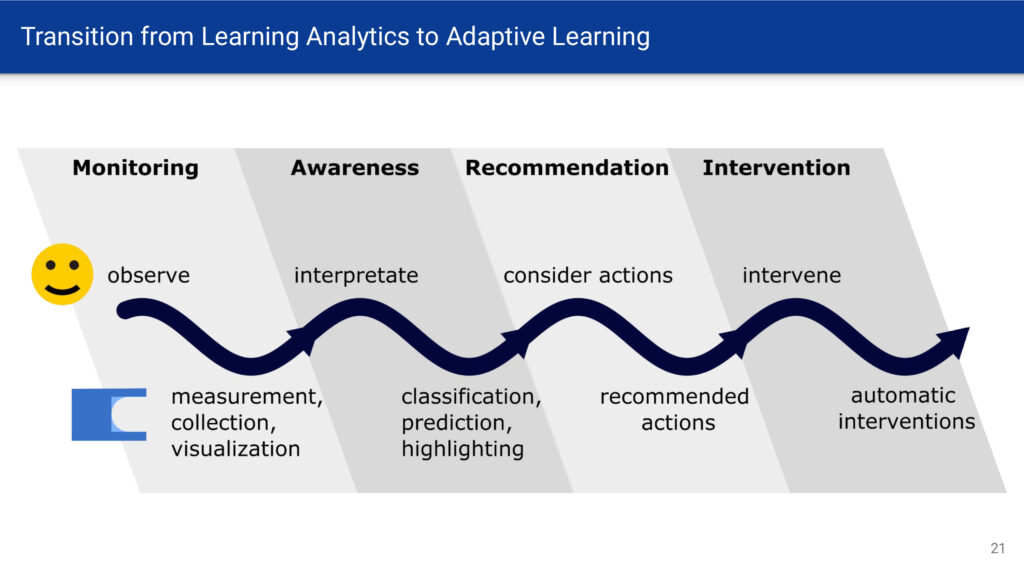
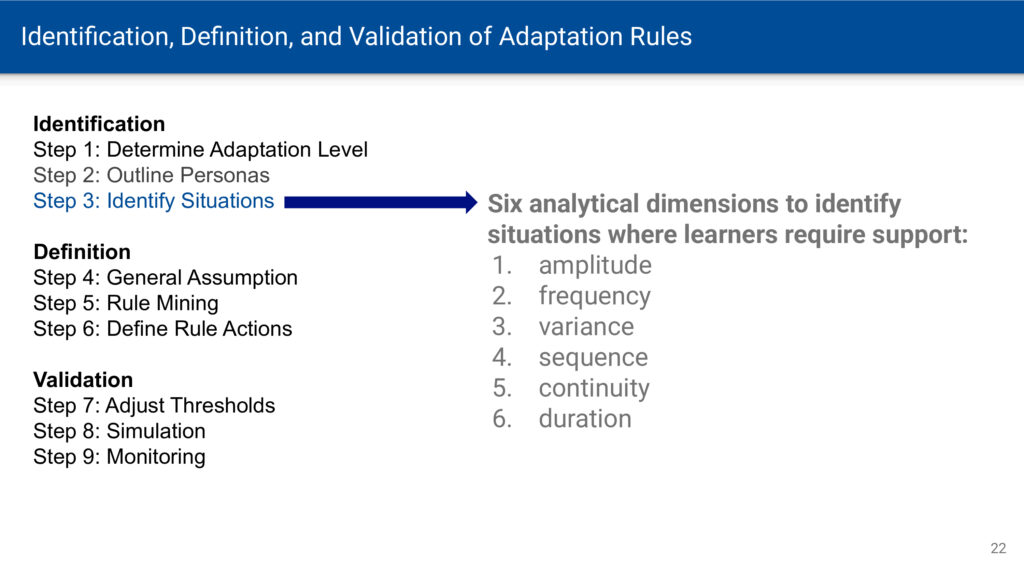
Talk 3: Game-Based Ergonomic Adaptation of User Interfaces for Online Learning Environments (Niels Seidel)

